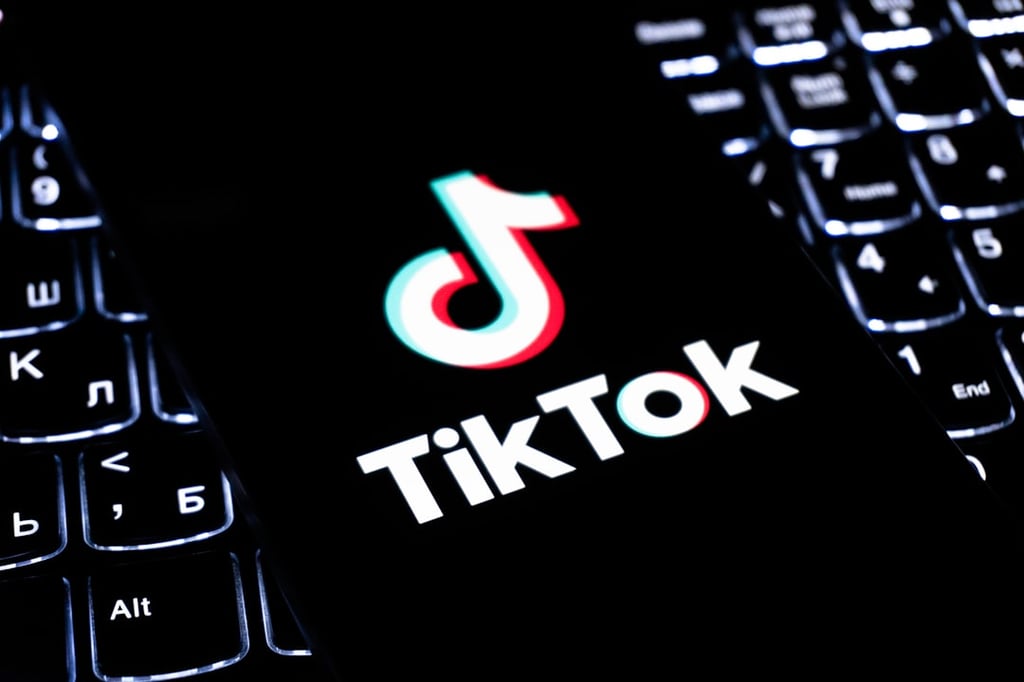I had to travel to New York City for Jupitermedia’s Digital Rights Management Strategies Conference last week, and decided to take an Amtrak train from my home near Saratoga Springs, N.Y., rather than fly out of Albany. When I was buying tickets at the train station the day before my departure, I asked a gentleman […]
Datamation content and product recommendations are
editorially independent. We may make money when you click on links
to our partners.
Learn More
I had to travel to New York City for Jupitermedia’s Digital Rights
Management Strategies Conference last week, and decided to take an Amtrak
train from my home near Saratoga Springs, N.Y., rather than fly out of
Albany. When I was buying tickets at the train station the day before my
departure, I asked a gentleman from Amtrak if they had Internet access in
the station. He assured me they did.
Which indeed was true. However, it came in the form of an Internet kiosk
that promised users with credit cards “Net access for 20 cents a minute.” All
well and good, but I was thinking more in terms of wireless access so I
could use my laptop, which contained critical data regarding the opening of
the thoroughbred racing season at Saratoga.
To me, an Internet kiosk in a public place seems so archaic. It might as well
be a telephone booth or a game of Pong. (P.R. reps of Internet kiosk vendors,
begin your onslaught.) And the germs!
Everything is wireless these days because so many people — specifically,
traveling business professionals and shiftless teenagers — desire and need
portable access.
I believe the time will come when wireless access in all public places will
be like air: ubiquitous and free. That’s why I think Boston’s Logan Airport
is swimming against the tide of technological destiny.
According to this story
in the New York Times, Logan Airport officials are trying to force
Continental Airlines to stop offering free Wi-Fi access in Continental’s
frequent flyer lounge.
Airport officials have claimed in nasty letters to Continental that the free
Wi-Fi poses an “unacceptable risk” to communications operations by
Massachusetts state police and the federal Transportation Security
Administration, the Times story says. Given that many airlines now allow
wireless access during flights, this strikes me as somewhat dubious.
It’s pretty clear that the Massachusetts Port Authority, which runs Logan,
is more concerned about the risk Continental’s free wireless service poses
to the airport’s $7.95-a-day pay wireless service. According to the Times,
Massport’s contract with commercial access provider Advanced Wireless Group
gives it up to 20 percent of annual gross revenues. Who knows what that
amount is, but if it’s the $1 million cited in the Boston Globe a couple of
years back, that translates into $200,000 or so annually for Massport. From
a cost/benefit perspective, that’s certainly worth a few threatening
letters.
Continental has appealed to the Federal Communications Commission (FCC) to
intervene, pointing to a nine-year-old law that basically requires local
authorities to mind their own business in such matters.
And that’s really all Massport is doing — minding its business. Nonetheless, it’s betting on a model that will evolve into obsolescence, and probably
sooner than later. Public wireless wants to be free, and I doubt anything
can stop it… with the possible exception of lawyers.
The FCC should rule on Continental’s request in the late summer or early
fall. It’s taking comments from the public until Aug. 29. Let the
commissioners know you want your public wireless free.
-
Ethics and Artificial Intelligence: Driving Greater Equality
FEATURE | By James Maguire,
December 16, 2020
-
AI vs. Machine Learning vs. Deep Learning
FEATURE | By Cynthia Harvey,
December 11, 2020
-
Huawei’s AI Update: Things Are Moving Faster Than We Think
FEATURE | By Rob Enderle,
December 04, 2020
-
Keeping Machine Learning Algorithms Honest in the ‘Ethics-First’ Era
ARTIFICIAL INTELLIGENCE | By Guest Author,
November 18, 2020
-
Key Trends in Chatbots and RPA
FEATURE | By Guest Author,
November 10, 2020
-
Top 10 AIOps Companies
FEATURE | By Samuel Greengard,
November 05, 2020
-
What is Text Analysis?
ARTIFICIAL INTELLIGENCE | By Guest Author,
November 02, 2020
-
How Intel’s Work With Autonomous Cars Could Redefine General Purpose AI
ARTIFICIAL INTELLIGENCE | By Rob Enderle,
October 29, 2020
-
Dell Technologies World: Weaving Together Human And Machine Interaction For AI And Robotics
ARTIFICIAL INTELLIGENCE | By Rob Enderle,
October 23, 2020
-
The Super Moderator, or How IBM Project Debater Could Save Social Media
FEATURE | By Rob Enderle,
October 16, 2020
-
Top 10 Chatbot Platforms
FEATURE | By Cynthia Harvey,
October 07, 2020
-
Finding a Career Path in AI
ARTIFICIAL INTELLIGENCE | By Guest Author,
October 05, 2020
-
CIOs Discuss the Promise of AI and Data Science
FEATURE | By Guest Author,
September 25, 2020
-
Microsoft Is Building An AI Product That Could Predict The Future
FEATURE | By Rob Enderle,
September 25, 2020
-
Top 10 Machine Learning Companies 2021
FEATURE | By Cynthia Harvey,
September 22, 2020
-
NVIDIA and ARM: Massively Changing The AI Landscape
ARTIFICIAL INTELLIGENCE | By Rob Enderle,
September 18, 2020
-
Continuous Intelligence: Expert Discussion [Video and Podcast]
ARTIFICIAL INTELLIGENCE | By James Maguire,
September 14, 2020
-
Artificial Intelligence: Governance and Ethics [Video]
ARTIFICIAL INTELLIGENCE | By James Maguire,
September 13, 2020
-
IBM Watson At The US Open: Showcasing The Power Of A Mature Enterprise-Class AI
FEATURE | By Rob Enderle,
September 11, 2020
-
Artificial Intelligence: Perception vs. Reality
FEATURE | By James Maguire,
September 09, 2020
SEE ALL
ARTICLES







